Top Health Concerns for Munchkin Cats and How to Prevent Them
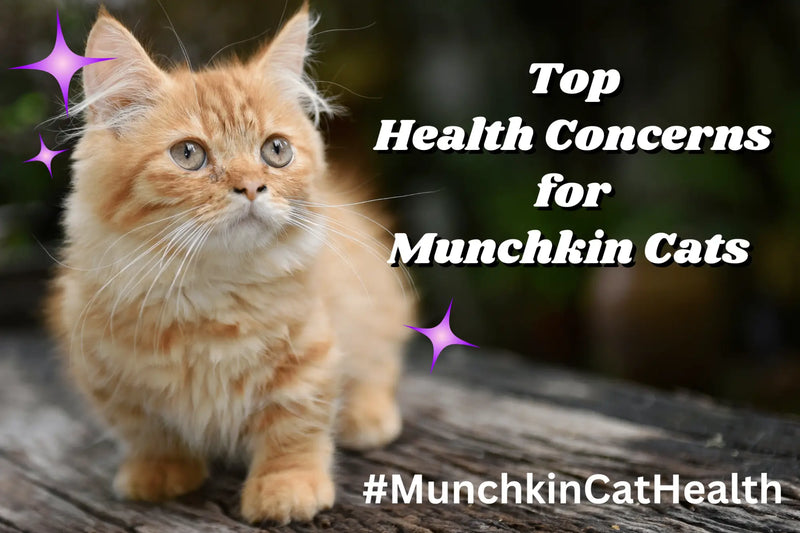
Munchkin cats, with their adorable short legs and playful demeanor, have charmed their way into the hearts of cat lovers everywhere. But while their unique physique is a defining trait, it also predisposes them to certain health issues. As a Munchkin cat owner, understanding these health concerns and knowing how to prevent them is key to ensuring your little companion leads a happy, healthy life. Let’s explore the most common health issues found in Munchkin cats and discuss effective prevention strategies.
1. Joint and Bone Issues
Due to their short legs, Munchkin cats are particularly susceptible to joint and bone problems, including osteoarthritis and lordosis (excessive spinal curvature). These conditions can affect their mobility and overall quality of life.
Prevention Tips:
- Maintain a Healthy Weight: Keeping your Munchkin at an ideal weight reduces stress on their joints and bones. Regular play and exercise can help manage their weight, but be mindful of not overexerting them.
- Regular Vet Check-ups: Yearly or bi-yearly veterinary visits can help catch early signs of joint issues, allowing for timely intervention.
2. Heart Conditions
Like many breeds, Munchkins can be prone to heart issues, particularly hypertrophic cardiomyopathy, a condition where the heart muscle thickens.
Prevention Tips:
- Regular Cardiac Screenings: Discuss with your vet the possibility of regular screenings, especially if your Munchkin has a family history of heart disease.
- Optimal Diet: Feeding a balanced diet rich in omega-3 fatty acids can support heart health.
3. Back Problems
The unique body structure of Munchkin cats can put extra strain on their backs, leading to issues like back pain or intervertebral disc disease (IVDD).
Prevention Tips:
- Ergonomic Living Spaces: Design your home to be Munchkin-friendly. Use low-profile furniture and steps to help them climb more easily without jumping from high places.
- Regular Physical Therapy: Consult with a veterinary physiotherapist who can provide exercises to strengthen their back muscles.
4. Dental Issues
Munchkin cats can also face dental problems due to the alignment of their jaw and teeth crowding, leading to periodontal disease.
Prevention Tips:
- Regular Dental Care: Brush your cat’s teeth regularly and provide dental health chews. Annual dental check-ups at the vet are also crucial.
- Proper Nutrition: Ensure their diet includes crunchy kibbles that can help reduce tartar buildup.
5. Respiratory Issues
Some Munchkins might inherit the brachycephalic traits of their mixed ancestors, leading to breathing difficulties.
Prevention Tips:
- Monitor Breathing: Keep an eye on any signs of respiratory distress, especially during exercise or in hot weather.
- Avoid Stressful Situations: Stress can exacerbate breathing problems, so keep your Munchkin’s environment calm and stress-free.
Conclusion
Loving a Munchkin cat means taking extra steps to ensure their unique needs are met. By being proactive about their health, you can prevent many common issues and ensure your Munchkin enjoys a long and joyous life by your side. Remember, each Munchkin is unique, and regular consultations with your veterinarian can help tailor a health plan suited just for them. If you want to learn more about why bringing your Munchkin Cat in a vet, check with our article Essential Vet Check-Ups for Munchkin Cats. Here’s to many happy, healthy years with your delightful Munchkin friend!

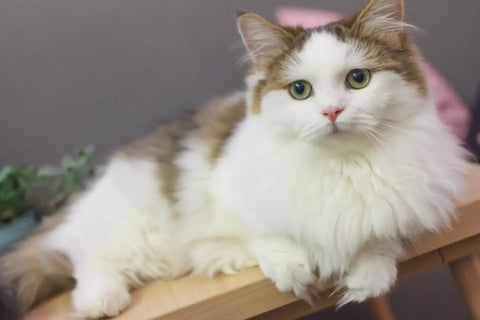
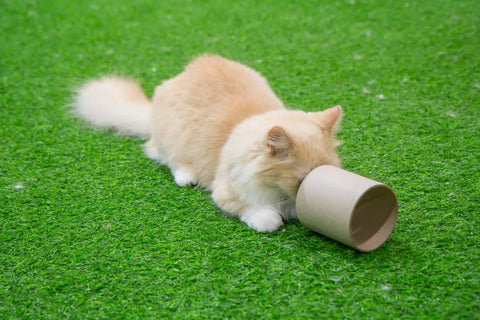




















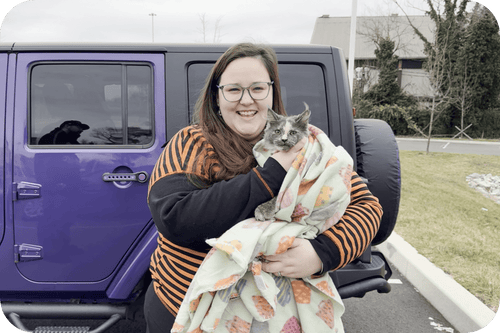


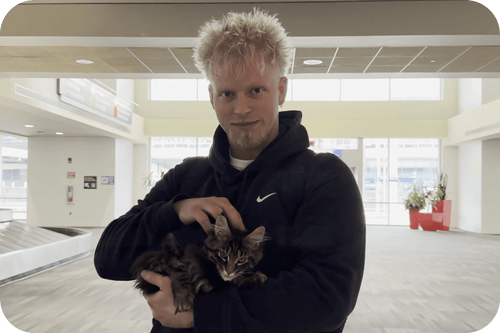
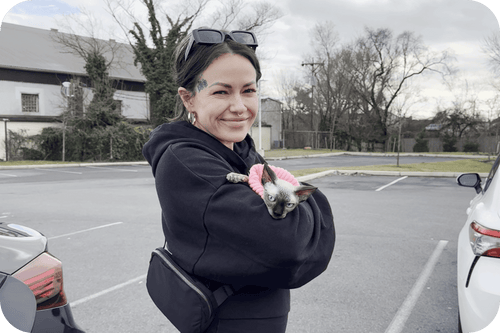
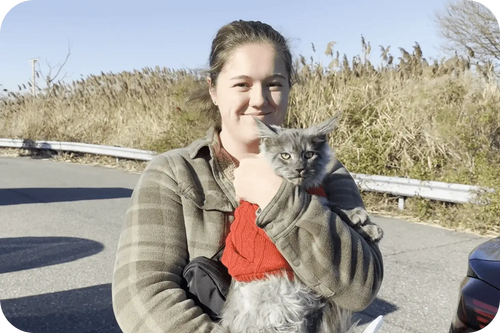
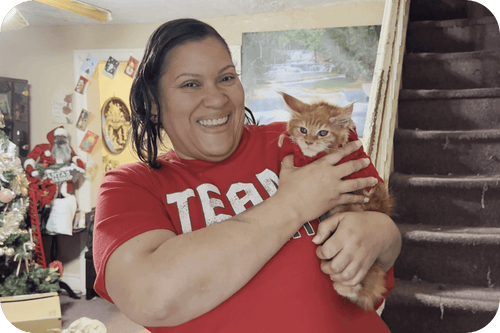
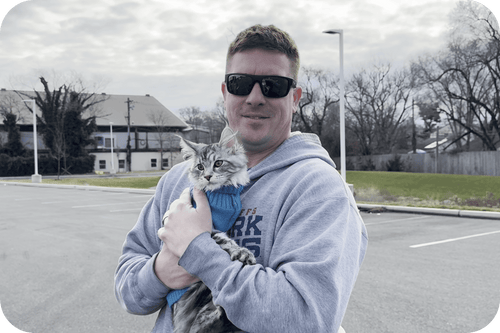

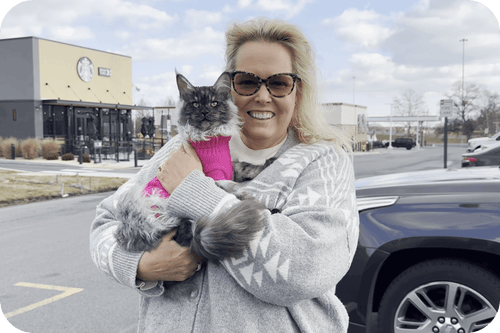

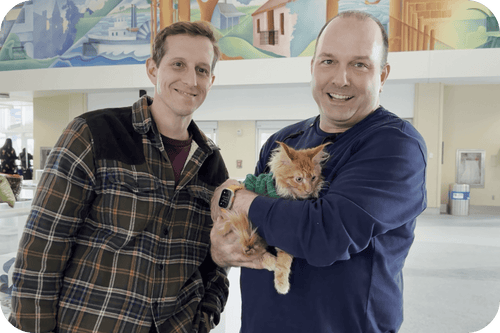

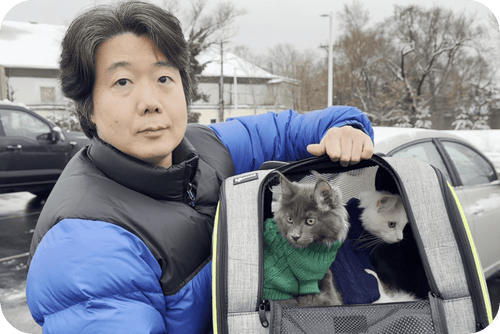
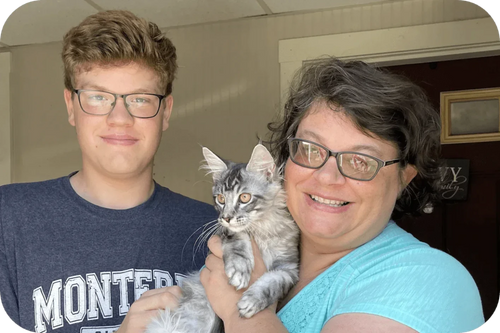
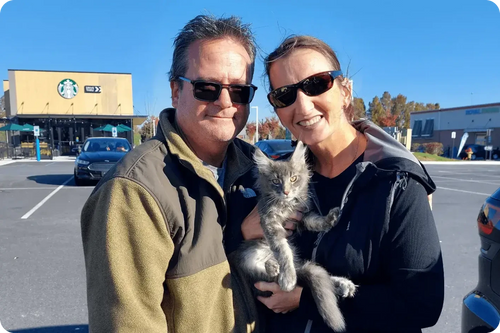
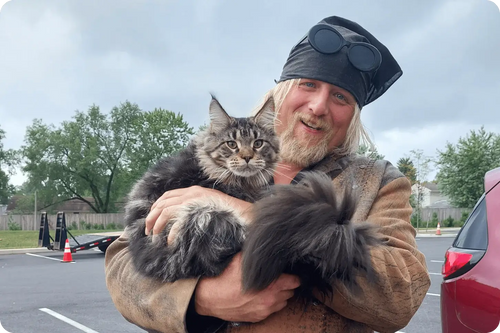

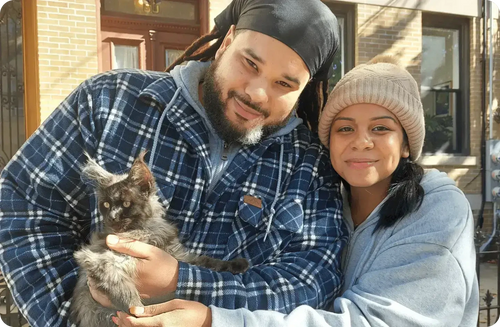
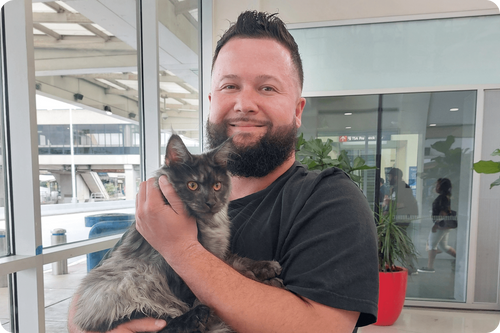










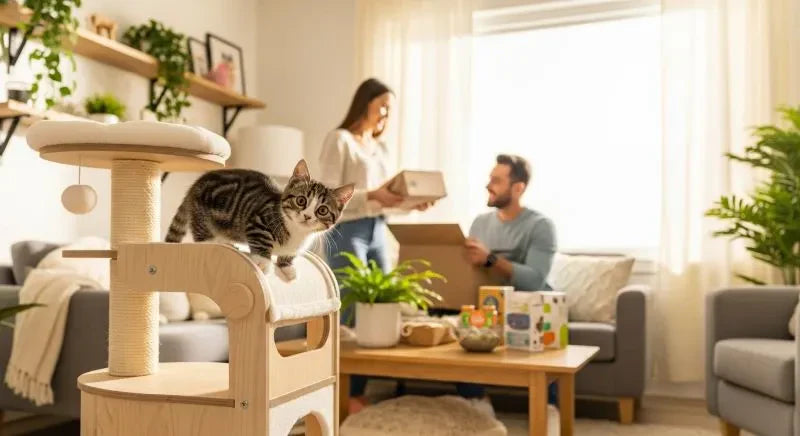

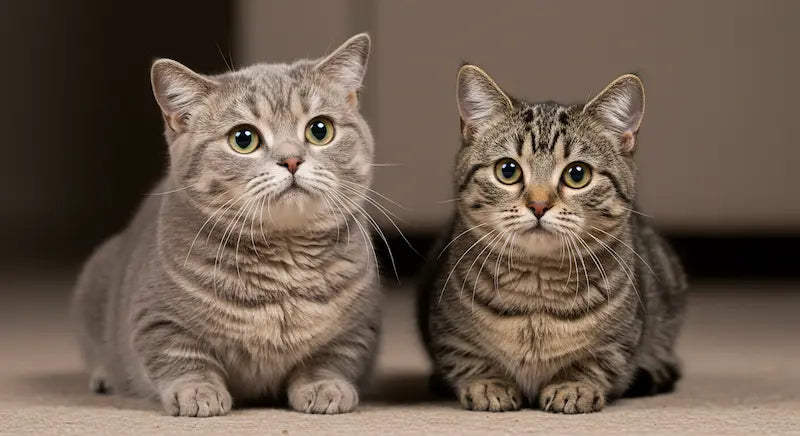

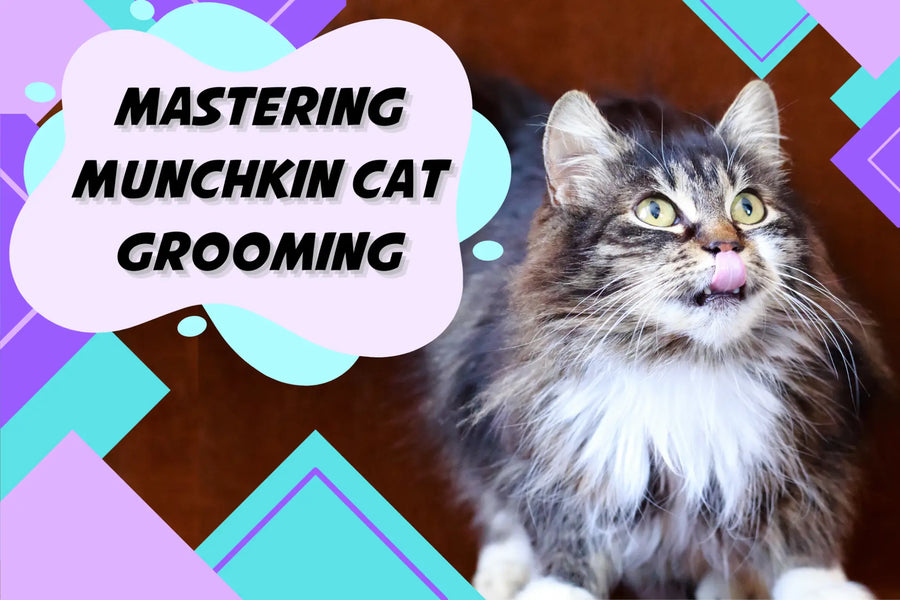
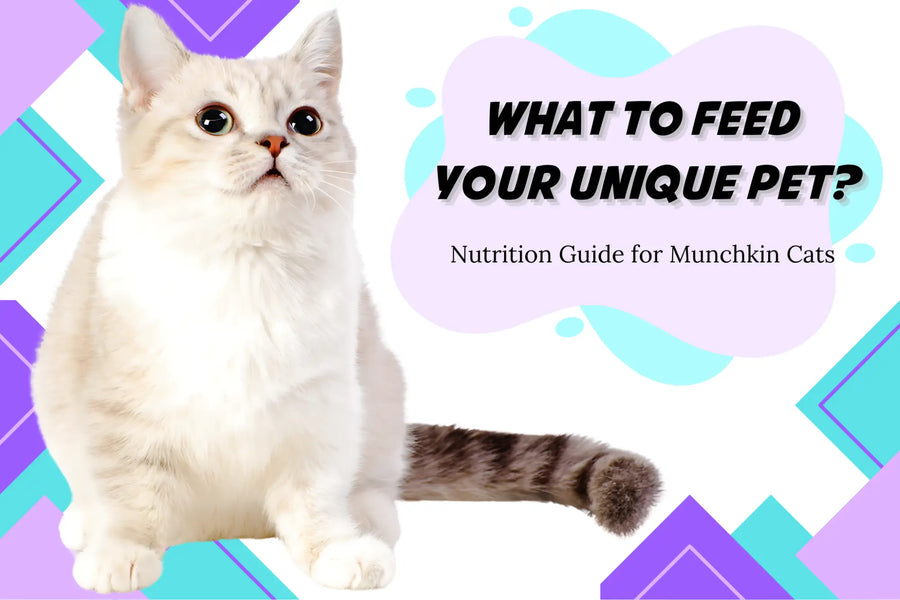




Comments(0)